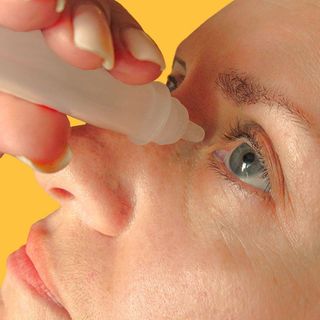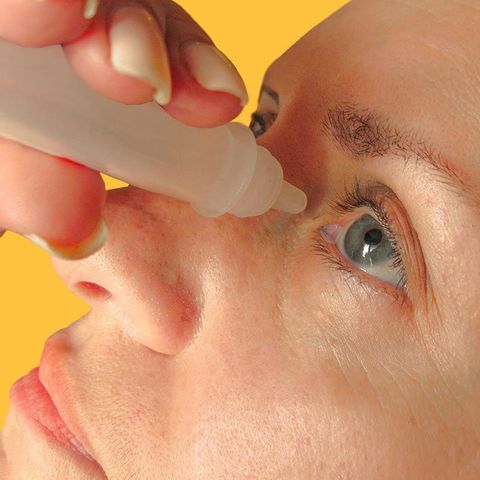Eye Exams and Care
Tucson Eye Physicians
specializes in providing medical and routine eye care. Our services include eye exams and cataract surgeries, as well as diabetic, glaucoma, and Botox treatments.
Routine Eye Care
As a rule, Tucson Eye Physicians recommends having routine eye exams at least every two years, even if you don’t have a diagnosed optical condition. For those over 60 or those with any sort of vision issue—including basic nearsightedness or farsightedness—we recommend getting your eyes checked annually at a minimum.
During a routine exam at Tucson Eye Physicians, your ophthalmologist will ask about any specific symptoms that you might currently be experiencing, such as blurred vision, pain, or headaches. We will also want to know about your work environment and current medications. This information will help your ophthalmologist better understand your condition and accurately diagnose and treat you.
Routine Eye Care
As a rule, Tucson Eye Physicians recommends having routine eye exams at least every two years, even if you don’t have a diagnosed optical condition. For those over 60 or those with any sort of vision issue—including basic nearsightedness or farsightedness—we recommend getting your eyes checked annually at a minimum.
During a routine exam at Tucson Eye Physicians, your ophthalmologist will ask about any specific symptoms that you might currently be experiencing, such as blurred vision, pain, or headaches. We will also want to know about your work environment and current medications. This information will help your ophthalmologist better understand your condition and accurately diagnose and treat you.
Comprehensive Eye Exams
A comprehensive eye exam is a complete dilated eye exam in which our physicians check for retinal disease, glaucoma, macular degeneration, and cataracts, as well as the overall health of your eyes. Eye exams usually take about an hour, but your pupils may remain dilated for several hours after the exam. Pupil dilation can lead to increased light sensitivity and blurred vision. Rest assured, these effects are temporary, but we do recommend having a friend or family member drive you home after the exam.
Dilating your pupils during an exam helps your ophthalmologist better examine your retina and optic nerve, which is how Tucson Eye Physicians can help detect conditions that could lead to vision loss. It is recommended that everyone over 60 have a comprehensive eye exam with dilation once per year. Additionally, the American Academy of Ophthalmology recommends that diabetics have a comprehensive eye exam as close to the time of their diagnosis as possible, as diabetic patients are particularly susceptible to degenerative
eye conditions.
eye conditions.
Call us today to learn more or to schedule an
eye exam.
eye exam.
A comprehensive eye exam is a complete dilated eye exam in which our physicians check for retinal disease, glaucoma, macular degeneration, and cataracts, as well as the overall health of your eyes. Eye exams usually take about an hour, but your pupils may remain dilated for several hours after the exam. Pupil dilation can lead to increased light sensitivity and blurred vision. Rest assured, these effects are temporary, but we do recommend having a friend or family member drive you home after the exam.
Dilating your pupils during an exam helps your ophthalmologist better examine your retina and optic nerve, which is how Tucson Eye Physicians can help detect conditions that could lead to vision loss. It is recommended that everyone over 60 have a comprehensive eye exam with dilation once per year. Additionally, the American Academy of Ophthalmology recommends that diabetics have a comprehensive eye exam as close to the time of their diagnosis as possible, as diabetic patients are particularly susceptible to degenerative eye conditions.
Call us today to learn more or to schedule an eye exam.
QUICK LINKS
CONTACT INFO
Phone:
520-742-1900
Fax:
520-742-1170
Address:
1745 E Skyline Drive #175
Tucson, AZ 85718
13395 N Marana Main Street
Marana, AZ 85653
1815 N Mastick Way
Nogales, AZ 85621
5053 South 12th Avenue
Tucson, AZ 85706
Content, including images, displayed on this website is protected by copyright laws. Downloading, republication, retransmission or reproduction of content on this website is strictly prohibited. Terms of Use
| Privacy Policy







